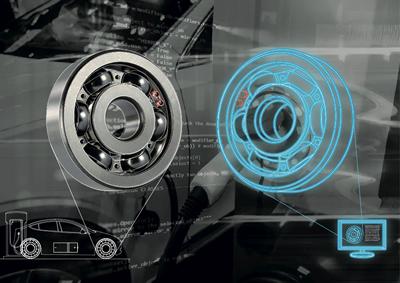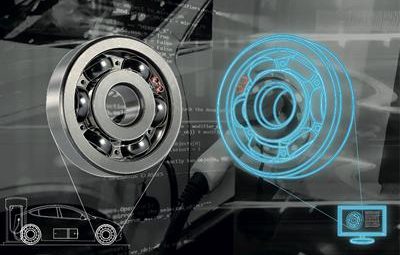Primary Supervisor: Prof Ling Wang, nCATS
Co- Supervisor: Prof Andy Cruden, Energy Technologies Group, Mechanical Engineering Dept.
Sponsor: Centre of Excellence RE4EM
Project Description
While the zero emissions and energy efficiency advantages of electric cars compared with conventional internal combustion engines (ICEs) are being realised by many manufacturers and users due to the rapid cost reduction of batteries, technical challenges in the new transmission systems for these vehicles are emerging. Electric vehicles (EVs) contain motors that rotate at speeds of over 10,000rpm, which is much higher than the conventional ICEs (max. 6000rpm), causing issues related to high centrifugal forces and demanding heat transfer rate at interfaces. ECs experience much more frequent start and stops (compared to ICEs where the engine idles although the vehicle has stopped), which are however not tribologically favoured for motor components. Stray electrical currents have been recognised as a potential threat to bearings in the EVs due to current leakage in motors that may lead to severe bearing damages and premature failures. Previous studies have shown that extremely low electrical current density (<1 mA/mm2) at oil lubricated bearing race and rolling element interfaces may be responsible for premature bearing failures due to white etching cracks (WECs) in bearing steels, which has been found to have a huge impact on related electrical drives in the wind industry.

This study focuses on the evaluation of the influence of the induced and leakage electrical currents on rolling contact fatigue experienced in EVs.
For further information please contact Prof Ling Wang (ling.wang@soton.ac.uk).

